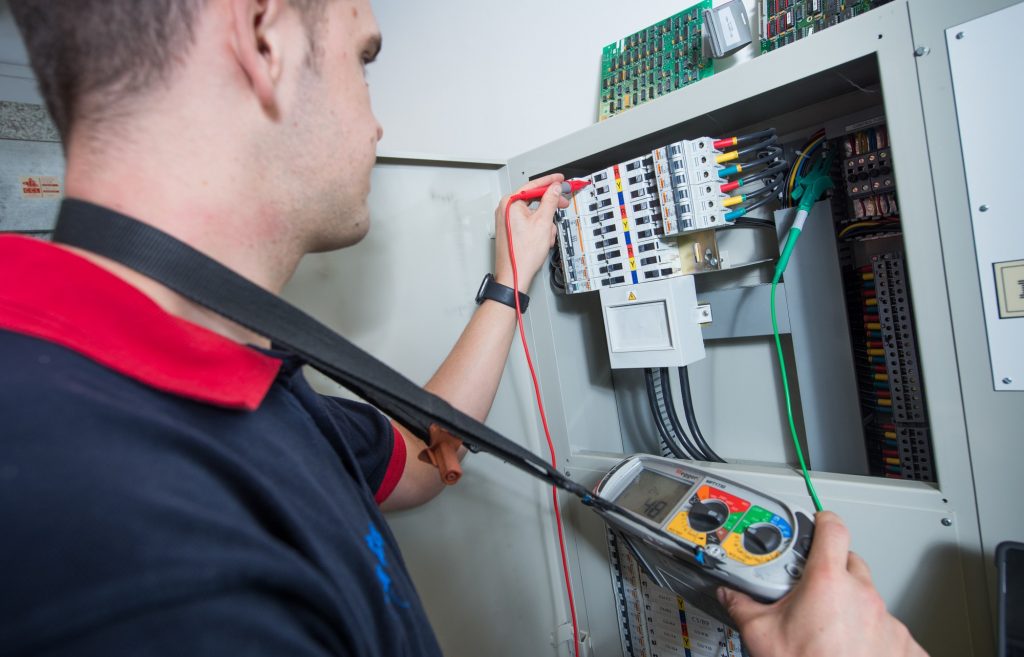The Live Chat service on our website is on hand to help. Here we look at the most frequently asked questions.
What are the legal requirements for Fixed Wire Testing?
Fixed Wire Testing is a legal requirement. We are frequently asked about the legislation that covers this type of electrical testing. The laws are as follows:
- The Health and Safety at Work Act 1974 – Requires employers and employees to ensure the health and safety of all in the work premises (including visitors, contractors and the general public, where applicable).
- The Management of Health and Safety Work Regulations 1999 – Putting the onus on the employer to perform adequate risk assessments to ensure the lowest level of danger for employees and ensure the safety of the workplace as far as is possible.
- The Provision and Use of Work Equipment Regulations 1998 – Requiring the employer to ensure the safety of any equipment used by employers (including fixed, portable and transportable equipment) that relies on an electrical energy source.)
- The Electricity at Work Regulations 1989 – Defining what constitutes electrical equipment and the maintenance and safety requirements of safe use of electricity in the workplace.
- BS 7671 (the IET Wiring Regulations) sets the standard for electrical installations in the UK. The IET co-publishes the Regulations with the British Standards Institution (BSI) and is the authority on electrical installation.
But how often should Fixed Wire Testing be carried out?
As a rule of thumb, it’s either 3 or 5 years. Sometimes it can be more often depending on the environment of your site. The regulations state that an industrial environment with machinery requires testing every 3 years. Whereas, if the site is a low risk environment, such as an office, then testing should be carried out every 5 years.
I’ve just been given my testing report, what does C1, C2 and C3 mean?
These are codes that you will see on your testing report which determine the action that should be taken going forward. C1 means ‘immediate action’ is required due to a dangerous fault. C2 means that a fault could be potentially dangerous in the future if left. In simple terms, C3 means ‘improvement required’ on site. Find out more in out popular news article ‘Fixed Wire Testing Observation Codes Explained’.
And finally, the funny question …
Will you test my microwave?
Yes of course, if it’s got a plug on the end of it, we’ll test it!
Intersafe specialise in Fixed Wire Testing, Portable Appliance Testing and Thermal Imaging, if you have any questions or simply would like to book a free of charge site survey, email sales@intersafe.complii.com




